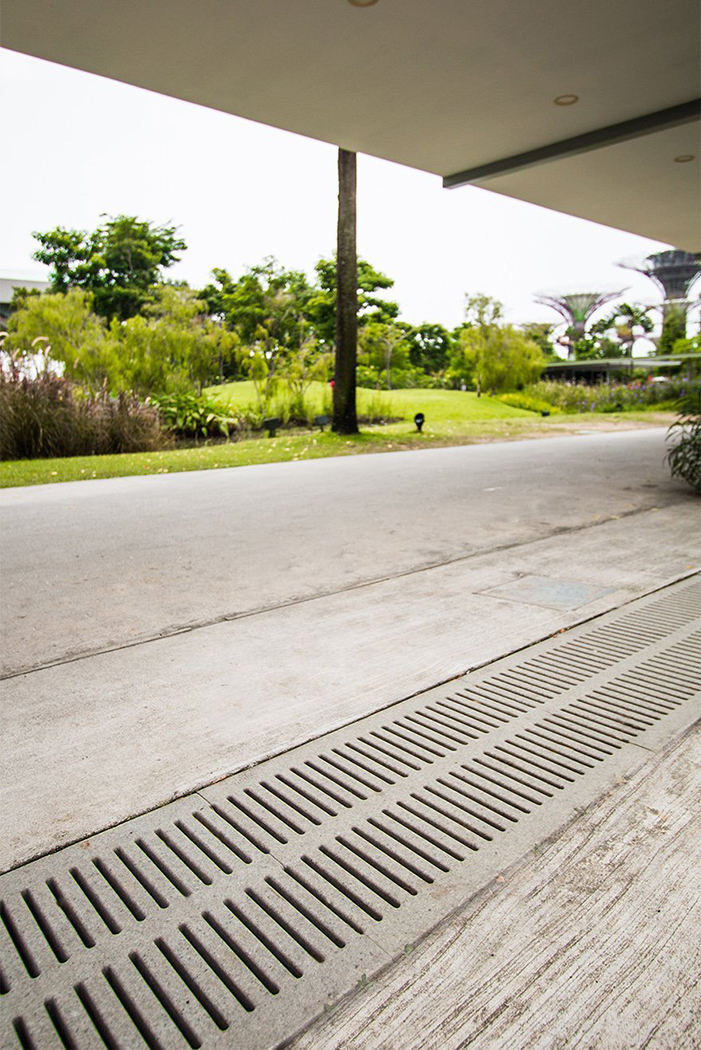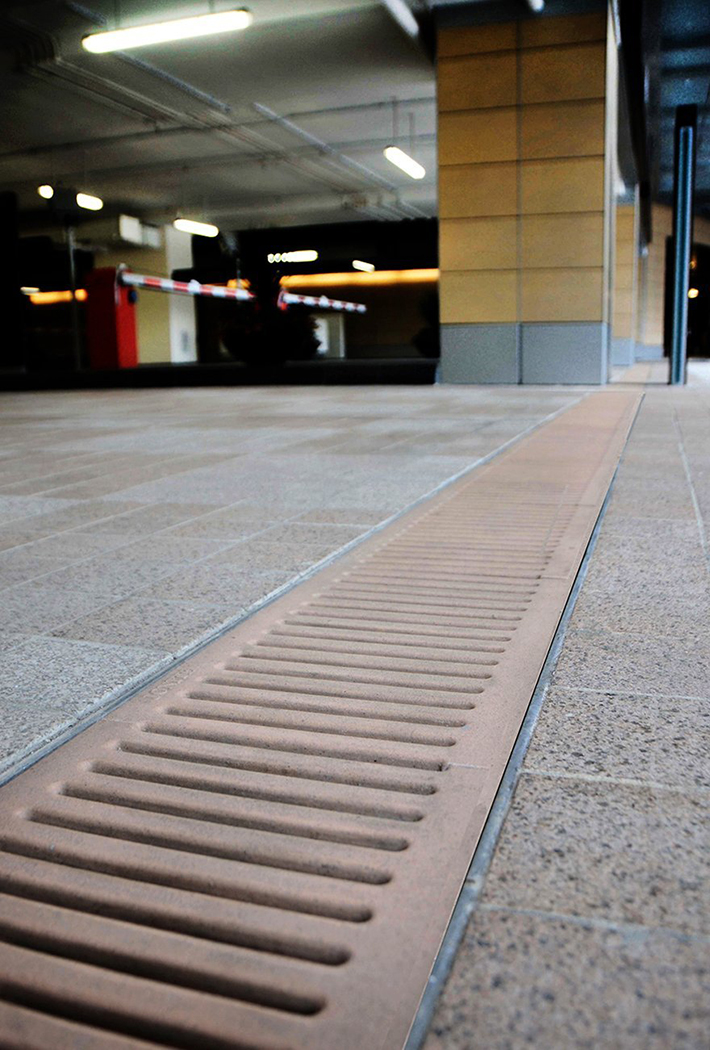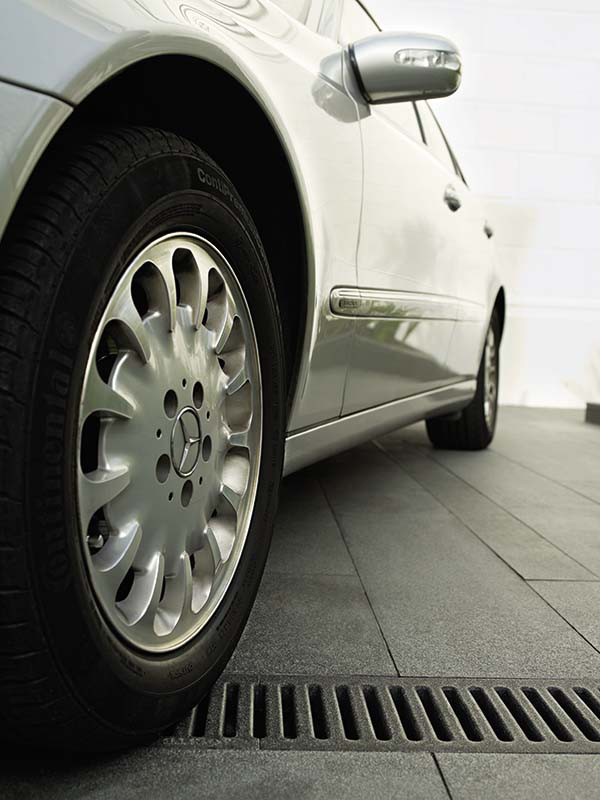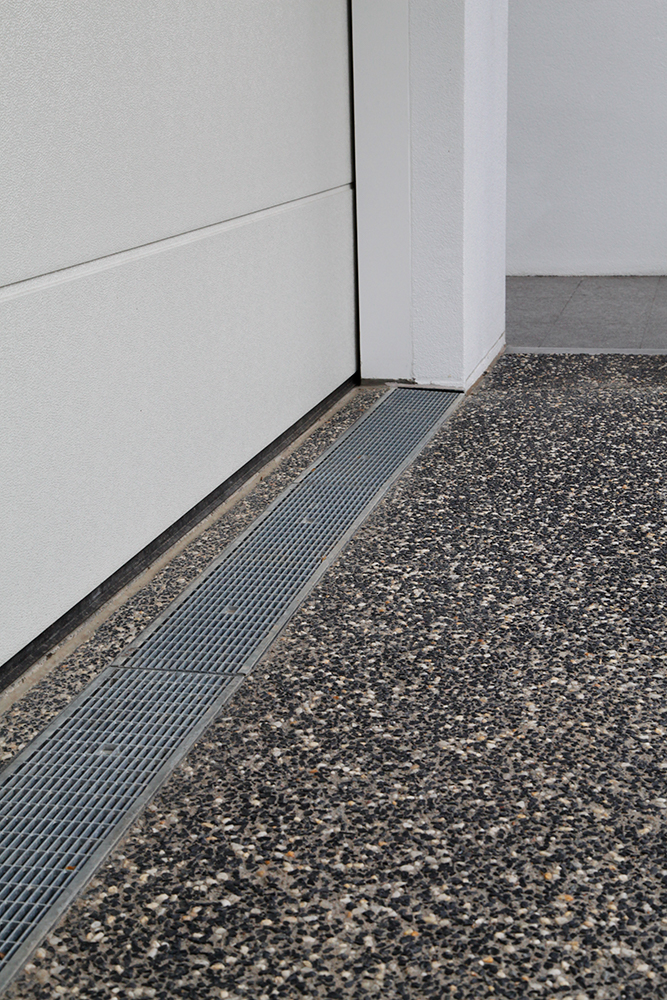Driveway drainage is an often overlooked aspect of maintaining a property, but it plays a crucial role in protecting your investment and preventing potential damage. Understanding the importance of driveway drainage and choosing the right system for your specific needs can help prevent issues such as water damage, erosion, and cracks. In this ultimate guide, we will explore the different aspects of driveway drainage and provide you with the knowledge and information you need to make informed decisions.
Understanding the importance of driveway drainage
Effective driveway drainage is essential to protect your property from water damage. When it rains, water can accumulate on the surface of your driveway. If not properly drained, this water can seep into the ground and cause structural damage to both your driveway and the foundation of your property. Additionally, stagnant water can attract pests and insects, creating further problems. By implementing a robust driveway drainage system, you can prevent these issues and ensure the longevity of your driveway.
Protecting your property from water damage
One of the primary reasons to invest in a driveway drainage system is to protect your property from water damage. Excess water can seep into the ground and weaken the foundation of your home, causing cracks and structural damage. By installing proper drainage, you can redirect the flow of water away from your property, preventing potential water damage and saving yourself from costly repairs in the future.
Preventing driveway erosion & cracks
In addition to protecting your property, driveway drainage systems also help prevent erosion and cracks. When water accumulates on the surface of your driveway, it can erode the soil and create channels for the water to flow. Over time, this erosion can cause cracks to form in your driveway, compromising its structural integrity. By implementing a surface drainage system or installing a French drain or trench drain, you can effectively channel the water away from your driveway, preventing erosion and the formation of cracks.
Furthermore, driveway erosion can lead to other issues such as uneven surfaces and potholes. These can be not only unsightly but also hazardous to both pedestrians and vehicles. By ensuring proper driveway drainage, you can maintain a smooth and safe surface for both walking and driving.
Another important aspect to consider when it comes to driveway drainage is the impact on the environment. Improper drainage can lead to water runoff that carries pollutants, such as oil, debris, and chemicals, into nearby water sources. This can have detrimental effects on the ecosystem and water quality. By implementing a well-designed drainage system, you can minimise the environmental impact and contribute to the overall health of your local environment.
Surface drainage systems for driveways
Surface drainage systems are a popular choice for quickly and efficiently removing water from the surface of your driveway. These systems typically consist of grated drains or channel drains that are installed parallel to the edge of your driveway. With their ability to swiftly redirect water away from your property, surface drainage systems are especially effective in areas with heavy rainfall. So, no more worrying about potential damage caused by water pooling on your driveway!
Trench Drains: The Perfect Blend of Functionality & Aesthetics
If you're looking for a drainage system that not only gets the job done but also adds a touch of elegance to your driveway, then trench drains are the way to go. Also known as linear drains, these systems consist of a long, narrow trench with a grate on top. Installed parallel to your driveway, trench drains collect water as it flows along the surface, effectively preventing any water-related woes. The best part? Trench drains can be customised to match the design of your driveway, making them a popular choice for residential properties. With their seamless integration and functionality, you can have both a stunning driveway and effective drainage system!
So, whether you opt for a surface drainage system, a French drain, or a trench drain, rest assured that you're making a wise investment in the longevity and functionality of your driveway. Take the time to assess your specific needs and consult with a professional to determine the best solution for your property. With the right drainage system in place, you can say goodbye to water-related headaches and hello to a well-maintained and dry driveway!
French Drains: A Time-Tested Solution
Another option to consider is the ever-reliable French drain. This type of drainage system consists of a perforated pipe surrounded by gravel or rock, which is then covered with soil. The pipe acts as a conduit, collecting water and redirecting it away from your driveway. French drains are particularly ideal for areas with high water tables or where excessive water accumulation is a recurring issue. By implementing a French drain, you can bid farewell to the headache of dealing with waterlogged driveways!
Choosing the right drainage system for your driveway
Choosing the right drainage system for your driveway involves considering several factors. These factors include the slope of your driveway, the amount of rainfall in your area, and the overall design aesthetic you want to achieve. Additionally, it's essential to weigh the pros and cons of each system to ensure you make an informed decision.
Factors to consider
When selecting a driveway drainage system, consider the slope of your driveway. A steeper slope may require a more robust drainage system to effectively redirect water. This is because water tends to flow faster on steeper slopes, increasing the need for a system that can handle the higher volume and velocity of water. On the other hand, if your driveway has a gentle slope, a less complex drainage system may suffice.
In addition to the slope, the amount of rainfall in your area is another crucial factor to consider. If you live in an area with heavy rainfall, you'll need a drainage system that can handle a larger volume of water. This is particularly important to prevent water from pooling on your driveway, which can cause damage over time. Conversely, if you live in a drier climate with minimal rainfall, a simpler drainage system may be sufficient.
Lastly, consider the overall design aesthetic you want for your driveway. While functionality is key, it's also important to choose a drainage system that complements the visual appeal of your driveway. Some drainage systems, such as trench drains, offer customisable options to blend seamlessly with your driveway's design. This allows you to maintain a cohesive and visually pleasing look while ensuring effective water management.
Pros & Cons of Different Systems
Each type of driveway drainage system has its pros and cons. Surface drainage systems, for example, are easy to install and cost-effective. They typically consist of a series of channels or grates that collect and redirect water away from your driveway. However, they may require occasional maintenance to remove debris that can accumulate and impede water flow.
French drains, on the other hand, are highly effective at removing excess water from your driveway. They consist of a perforated pipe buried underground, surrounded by gravel or rock. The water seeps into the pipe through the perforations and is then directed away from your driveway. While French drains are efficient, they can be more expensive to install due to the excavation and materials required.
Trench drains offer superior aesthetics compared to other systems. They are typically made of durable materials such as polymer concrete or stainless steel and feature a narrow trench with a removable grate. This design allows them to blend seamlessly with your driveway's surface, providing an unobtrusive drainage solution. However, trench drains may require professional installation and regular cleaning to prevent clogging, as debris can accumulate in the narrow trench over time.
Understanding these pros and cons will help you make an informed decision based on your specific needs and budget. By considering the slope of your driveway, the amount of rainfall in your area, and the desired design aesthetic, you can select the most suitable drainage system that will effectively manage water flow and enhance the longevity of your driveway.
Installation Process
The installation process of driveway drainage involves several steps to ensure optimal functionality.
Preparing your driveway
Before you install the drainage system, ensure that your driveway is properly prepared. Remove any existing materials such as asphalt or concrete, and ensure that the ground is compacted and leveled.
Installing the drainage system
The installation process will vary depending on the type of drainage system you choose. For surface drainage systems, mark the desired locations for grated drains or channel drains and dig the necessary trenches. Ensure the drains are level and secure them in place. For French drains or trench drains, dig a trench to the appropriate depth and width, and install the necessary materials following the manufacturer's instructions. It is recommended to seek professional help for the installation process to ensure proper functionality.
Maintenance & Troubleshooting of Driveway Drains
Regular maintenance and troubleshooting are essential to keep your driveway drainage system functioning properly & efficiently.
Regular cleaning & inspection
Periodically inspect your driveway drainage system for any signs of damage, such as clogs or leaks. Remove any debris that may accumulate, such as leaves or dirt. Regularly cleaning your drainage system will prevent clogs and ensure optimal performance.
Dealing with common drainage issues
If you encounter any common drainage issues, such as slow water flow or foul odours, it is important to troubleshoot and address the problem promptly. This may involve removing clogs or adjusting the slope of your drainage system. Seek professional help if necessary to ensure the problem is resolved effectively.
In conclusion, driveway drainage is a crucial aspect of maintaining your property and preventing water damage, erosion, and cracks. By understanding the importance of driveway drainage, choosing the right system, and properly maintaining it, you can ensure the longevity and functionality of your driveway. Whether you opt for a surface drainage system, French drain, or trench drain, implementing proper driveway drainage will provide you with peace of mind and protect your investment for years to come.



